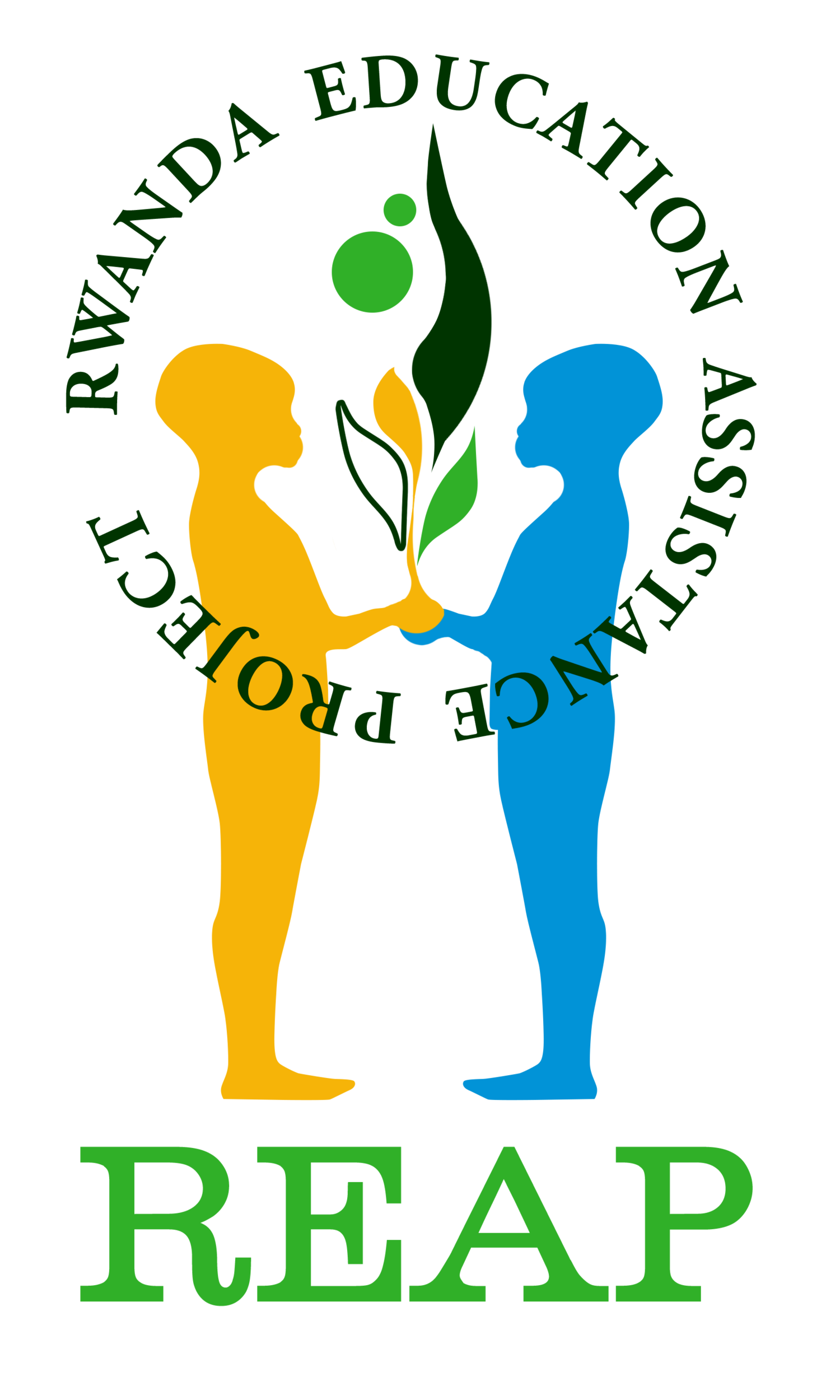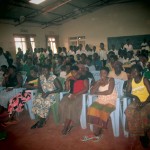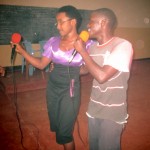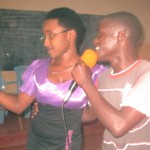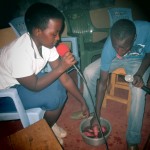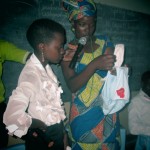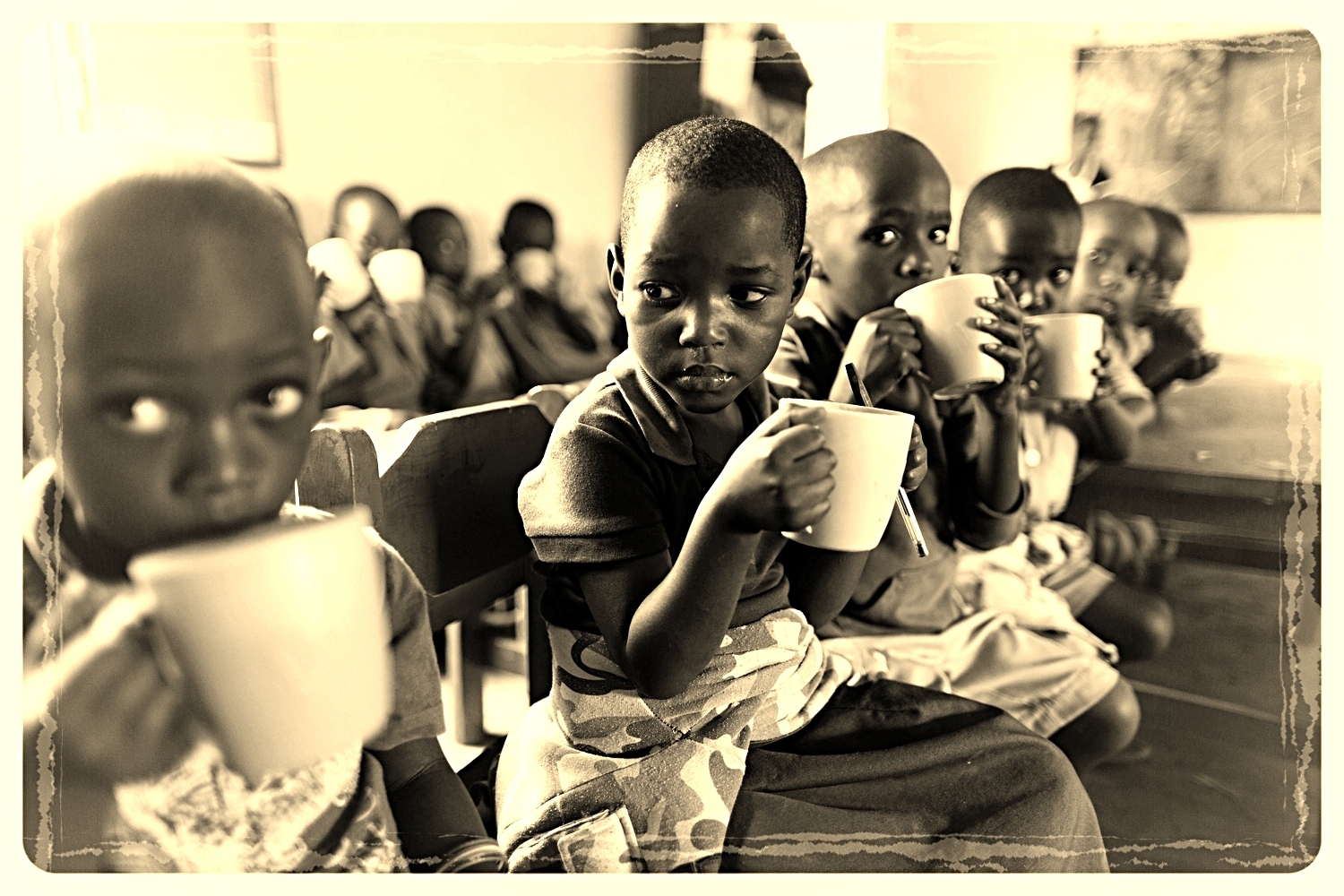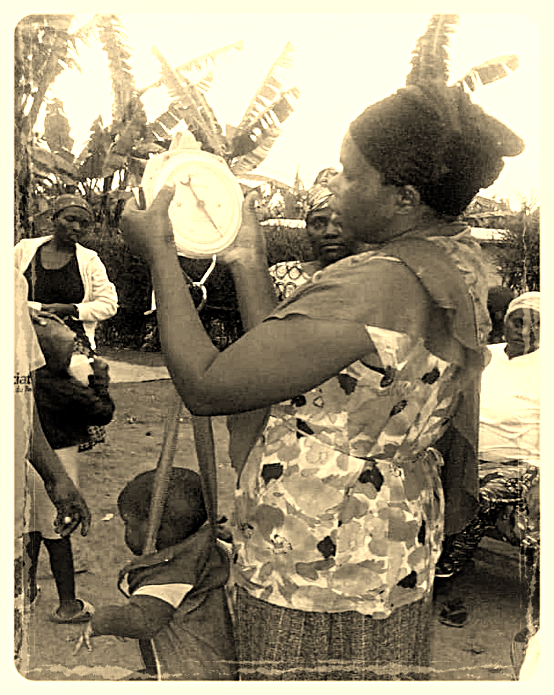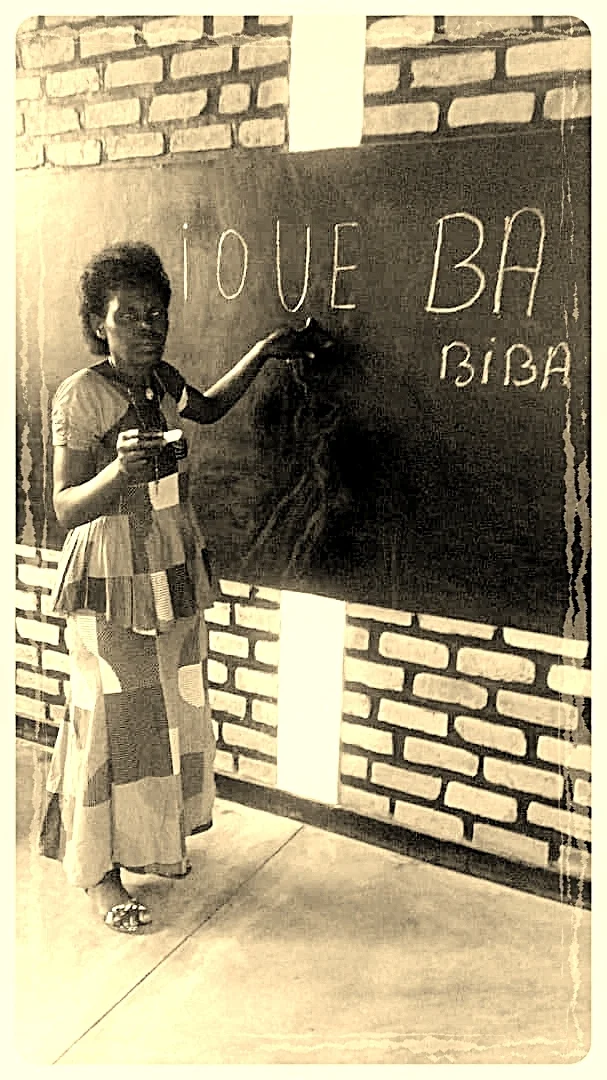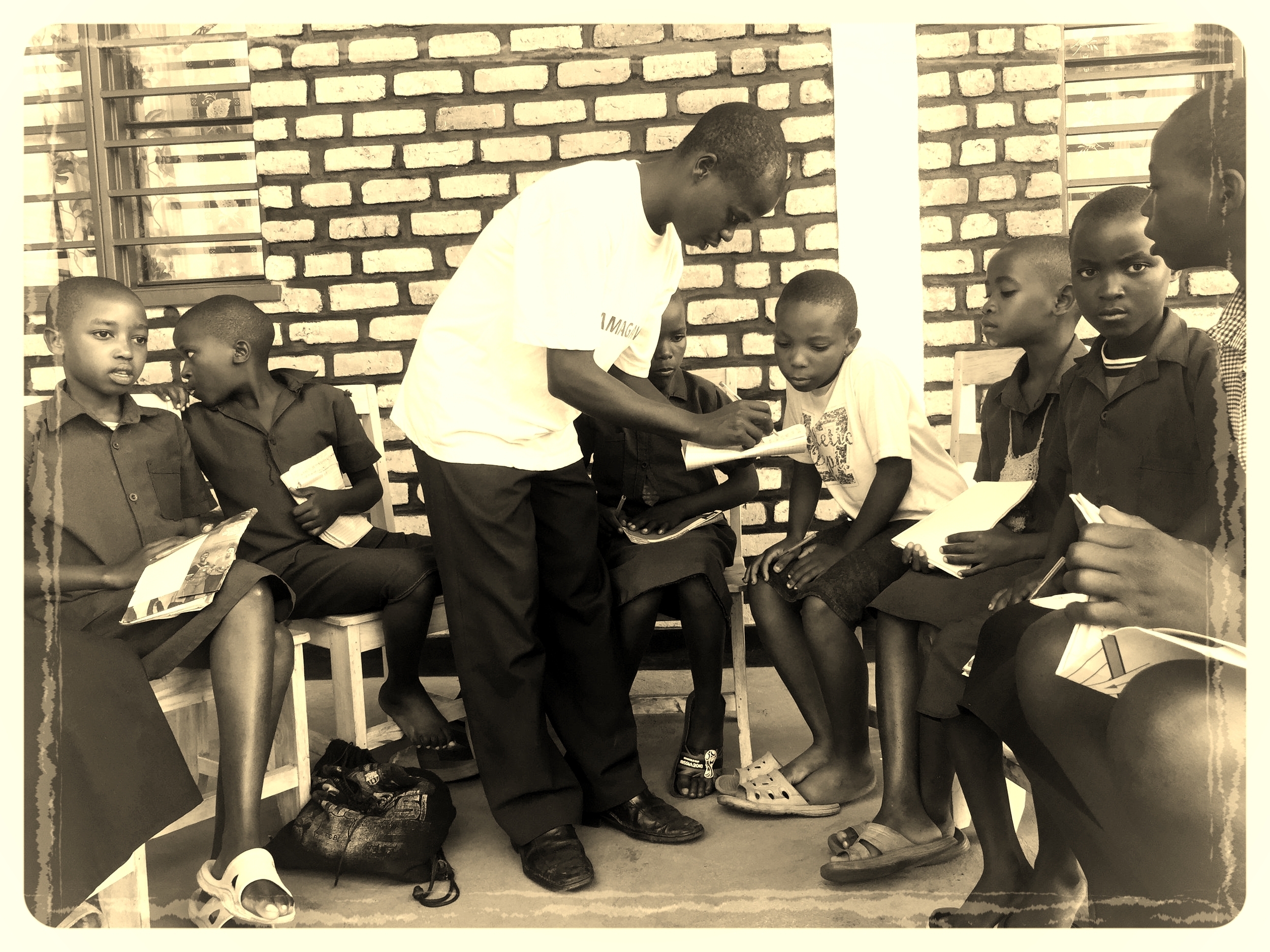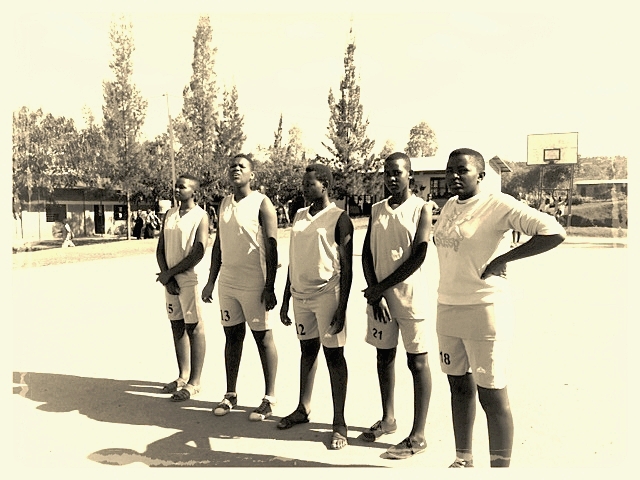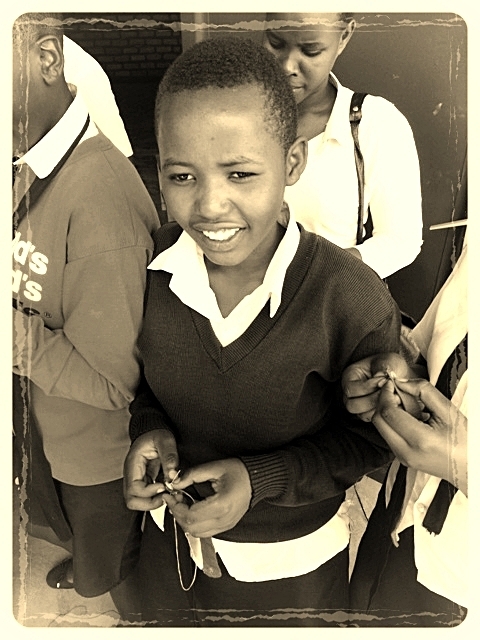REAP educates Musha Community about Sexual and Reproductive Health
/One of REAP’s most important goals is to educate students at the Duha Complex School about sexual and reproductive health, and in doing so, empower the surrounding community of Musha as a whole. By helping to create a dynamic where school and community exist and cooperate hand-in-hand, we hope to promote a safe learning environment for both students and teachers.
To help achieve this goal, REAP established and now funds two programs at Duha: S.R.H.E. (Sexual and Reproductive Health Education) has helped bring sexual education into the classroom, while TUSUME is a club, comprised of over 70 different students, male and female. The stated goal of both programs is to reduce dropout rates between both sexes. The nearby mines in the Musha sector tempt boys to dropout, as the dangerous work provides immediate income. These boys are also more likely to enter into unprotected sex, which results in unwanted pregnancies and forces girls to dropout as well.
Both S.R.H.E. and TUSUME help communicate the dangers of the mining lifestyle by putting on performances for the student-body and the surrounding communities. On September 30, 2014 both clubs held a sexual health outreach day at Akabare Community Center, during which they performed an educational play named “Utagira Nyirasenge Arisenga”.
The purpose of the play was to convey 3 main themes: preventing early and unwanted pregnancies, menstrual hygiene and cooperation between parents and youth in identifying sexual abuse. All 3 issues are at the core of what afflicts this rural community, a lack of knowledge.
Hundreds of people from the community attended the performance, including students and their parents, some of whom admitted afterwards they were not aware of the dangers posed by reproductive decisions. Attendees also vowed to present a united front against those who are locally called “sugar daddies” and “mammies”, along with miners that recruit children from school.
REAP is working with the students to not only provide information, but to also create a dialogue between school and community. It is REAP’s belief that only through this type of all-inclusive cooperation can the school truly begin to tackle some of the complicated issues that burden its students, including but not limited to the taboo topic of sexual health.
